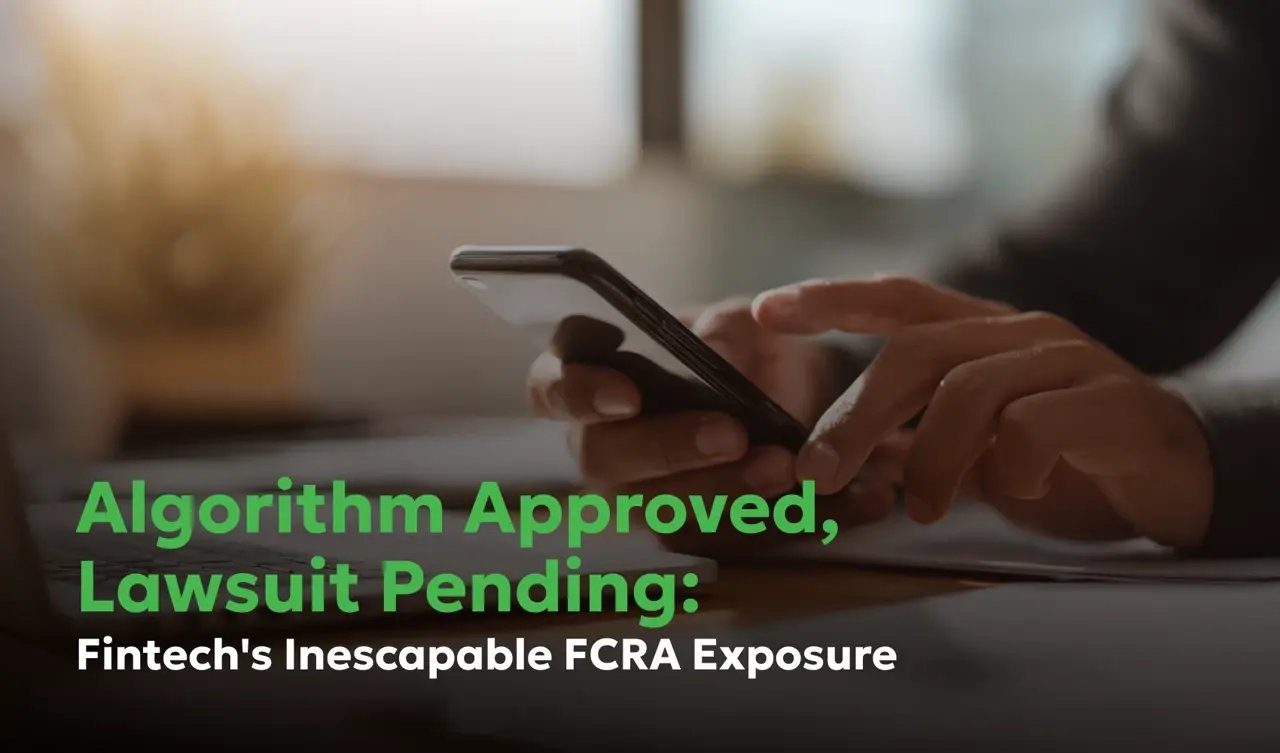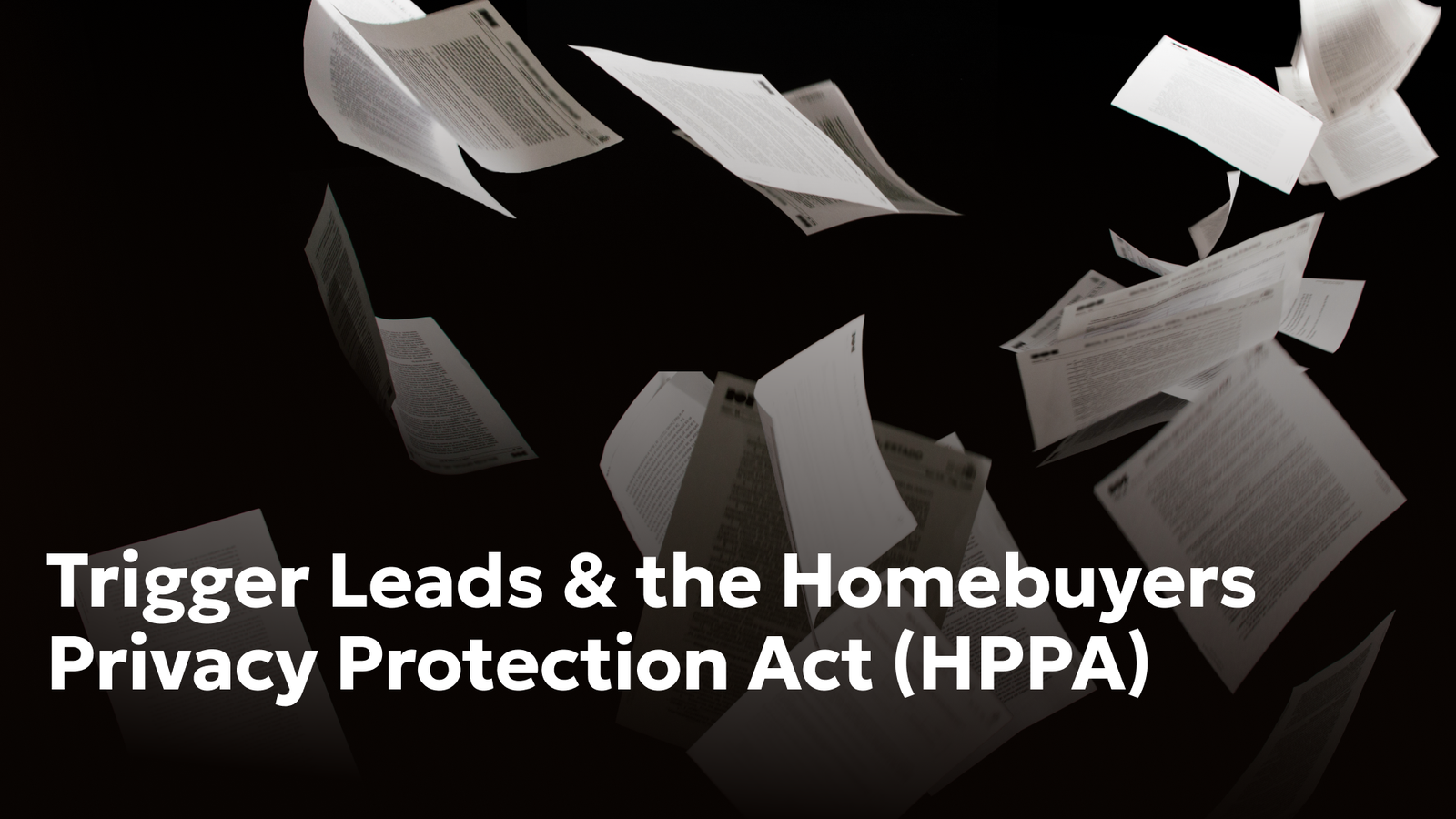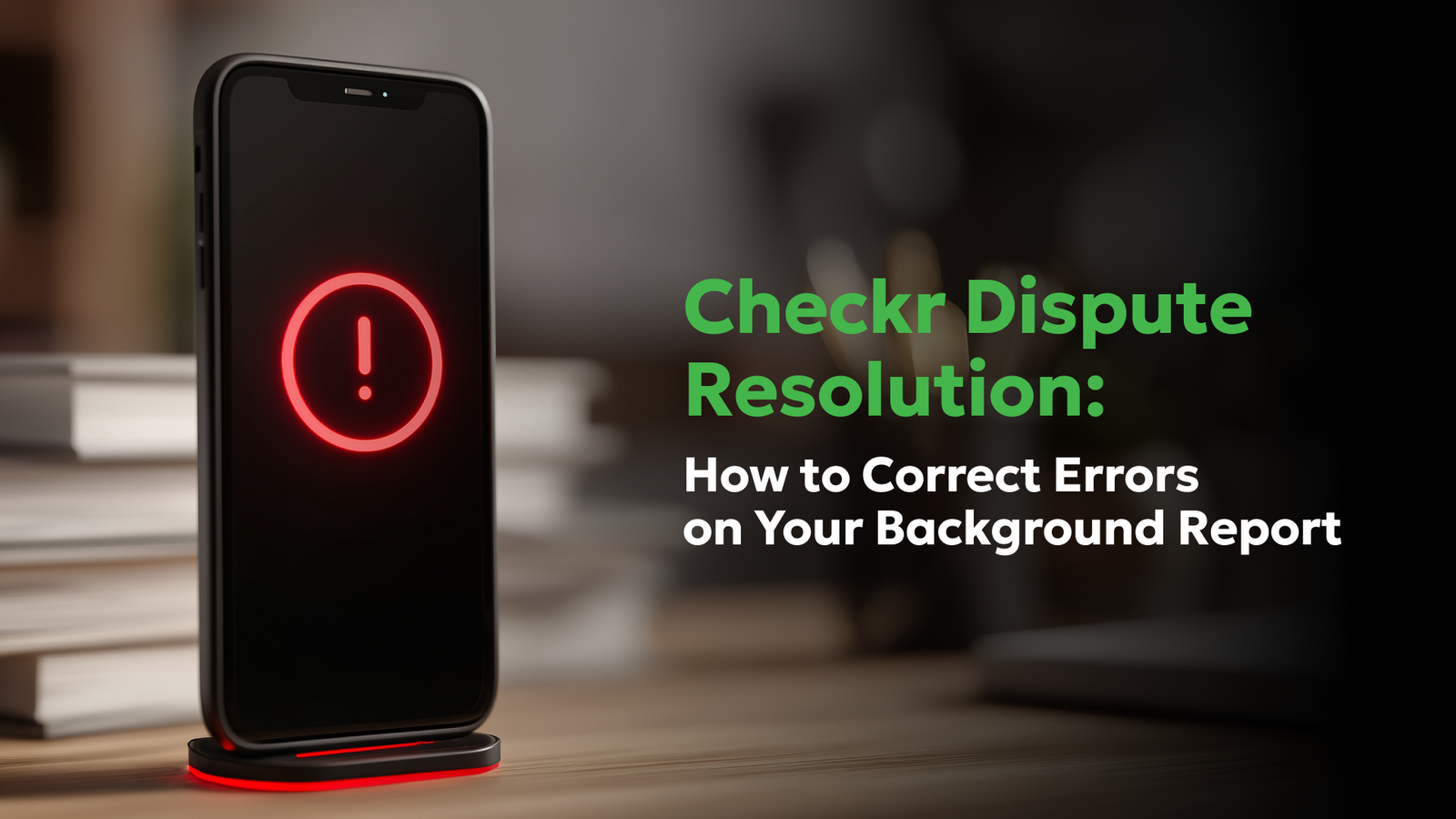How Far Back Does A Background Check Go?
- Blog
- All about FCRA
How Far Back Does A Background Check Go?

Find out how far into your personal history a background check company can go. And what to do if it exceeds the limits.
Federal and state laws say how far back a background check company can dig into your personal history. Different types of background checks - criminal, employment, FBI, and fingerprint - have different limits. The first step in standing up for your rights is knowing what background check companies can and can’t do. The next step is getting help.
As one of the country's leading attorneys for consumer protection firms, Consumer Attorneys represents people whose rights, careers, privacy, livelihoods, and overall well-being have been damaged by the disregard and violations of companies of all kinds. Background check companies are among these companies. With far too great a frequency, a background check company will provide a potential employer, landlord, lender, property management company, or ride-share gig with an inaccurate background check report. Or the background check company will ignore the rules and protocols to which they must adhere and outlined in the Fair Credit Reporting Act (FCRA). Whether it’s an oversight or a willful violation, the consumer suffers when background check companies do not do what they should.
That is not ok with us.
While background checks are essential tools employers, landlords, and others use to assess a person’s suitability for a job, apartment, home, or loan, there are rules. Knowing the rules is one of the first steps in standing up for your rights and holding any company that violates the rules accountable for the damage that violation does to you. The span of your personal history on which a background check can report is one aspect of background checks that is both clearly defined and frequently violated. What, where, and when a background check examines can significantly impact your life and your opportunities. This article investigates how far back different background checks go and the laws that regulate them.
How Far Back Do Background Checks Go?
The extent to which a background check can dig into your past depends on the type of check and the laws governing it. Below is a table outlining common types of background checks and their typical time frames.
| Type of Background Check | Time Frame |
| Criminal Background Checks | 7-10 years (can vary by state) |
| Employment Background Checks | 7 years |
| Credit Background Checks | 7 years |
| Federal Background Checks | Up to entire adult lifetime |
| FBI Background Checks | Up to and including your entire adult lifetime |
| Fingerprint Background Checks | Varies, potentially lifetime |
Regulations and Restrictions of Background Checks
The employer does not determine the depth and scope of background checks. Federal and state laws designed to protect your privacy and prevent discrimination determine how far back a background check can search.
Fair Credit Reporting Act Rules
The FCRA is a federal law that sets the standards for how background check companies run background checks.
- Time Limits. Most background checks can report convictions indefinitely but are limited to seven years for arrests that do not result in a conviction and other negative information.
- Consumer Rights. You have the right to know if information in your background check has been used against you.
- Disputes. You have the right to identify inaccurate, incomplete, or outright false information in your background check and the background check company must investigate it and correct it.
- Accuracy. The background check company must take reasonable measures to ensure that the background checks and their resulting reports are accurate. What amounts to reasonable measures is always evolving. Background check companies want to rely on digital methods and Artificial Intelligence because it is cheaper and faster. But it is also susceptible to inaccuracy.
- Written Permission. Per the FCRA, background check companies must have your written permission to run a report on you.
State Regulations
Different states have additional rules about how far back a background check can go. This is another area of law constantly evolving as new data privacy and cybersecurity threats and measures happen frequently. Below is a table highlighting some state-specific regulations as of May 2024.
| State | Background Check Requirements |
| Alabama | Seven years unless the salary is $75,000 or more |
| Alaska | No specific state limitations beyond FCRA |
| Arizona | Seven years |
| Arkansas | Seven years unless the salary is $20,000 or more |
| California | Seven years for convictions, arrests not leading to convictions are not reportable |
| Colorado | Seven years for convictions, arrests not leading to convictions are not reportable |
| Connecticut | No specific state limitations beyond FCRA |
| Delaware | No specific state limitations beyond FCRA |
| Florida | Seven years for screening; certain positions, like those working with children or the elderly, can have deeper checks |
| Georgia | Seven years unless the salary is $75,000 or more |
| Hawaii | Ten years for felony convictions, five years for misdemeanors |
| Idaho | No specific state limitations beyond FCRA |
| Illinois | Seven years unless the salary is $75,000 or more |
| Indiana | No specific state limitations beyond FCRA |
| Iowa | No specific state limitations beyond FCRA |
| Kansas | No specific state limitations beyond FCRA |
| Kentucky | No specific state limitations beyond FCRA |
| Louisiana | Ten years |
| Maine | Six years |
| Maryland | Seven years for convictions |
| Massachusetts | Seven years for misdemeanor convictions, felonies can be reported indefinitely |
| Michigan | No specific state limitations beyond FCRA |
| Minnesota | Seven years unless the salary is $20,000 or more |
| Mississippi | Seven years unless the salary is $75,000 or more |
| Missouri | No specific state limitations beyond FCRA |
| Montana | No specific state limitations beyond FCRA |
| Nebraska | Seven years |
| Nevada | Seven years |
| New Hampshire | No specific state limitations beyond FCRA |
| New Jersey | Seven years |
| New Mexico | Seven years |
| New York | Seven years for convictions, arrests not leading to convictions are not reportable |
| North Carolina | Seven years for criminal checks |
| North Dakota | No specific state limitations beyond FCRA |
| Ohio | No specific state limitations beyond FCRA |
| Oklahoma | No specific state limitations beyond FCRA |
| Oregon | Seven years |
| Pennsylvania | Seven years |
| Rhode Island | Seven years |
| South Carolina | No specific state limitations beyond FCRA |
| South Dakota | No specific state limitations beyond FCRA |
| Tennessee | No specific state limitations beyond FCRA |
| Texas | Seven years for arrests; no limit for convictions |
| Utah | No specific state limitations beyond FCRA |
| Vermont | No specific state limitations beyond FCRA |
| Virginia | No specific state limitations beyond FCRA |
| Washington | 10 years unless the salary is $20,000 or more |
| West Virginia | No specific state limitations beyond FCRA |
| Wisconsin | No specific state limitations beyond FCRA |
| Wyoming | No specific state limitations beyond FCRA |
| Washington D.C. | Ten years for positions paying less than $75,000, no limit for positions paying $75,000 or more |
How Far Back Do Criminal Background Checks Go?
Criminal background checks typically go back 7 to 10 years, but this can vary based on state laws and the type of job. For instance:
- In states like California, criminal background checks go back seven years.
- However, some states allow a deeper look into your past if the job pays a higher salary (usually over $75,000).
- Some government jobs or jobs with access to sensitive information may allow - even require - background checks further.
The background check time frame for criminal records is crucial because it affects many people's chances of employment after a conviction or arrest. An experienced background check lawyer will be able to provide information tailored to your specific circumstances.
How Far Back Do Employment Background Checks Go?
How far back does a background check go for a job? Employment background checks typically look back seven years into a candidate’s work history, education, and criminal records. This limit is set to prevent discrimination against individuals who have long since moved past old offenses and have demonstrated rehabilitation.
How Far Back Do Federal Background Checks Go?
Federal background checks, used for government positions and jobs requiring security clearance, can look back into the entire adult lifetime of an applicant. These checks are thorough and can include reviewing all public records, employment history, and more.
The federal background check time frame for these checks can cover an entire lifetime, depending on the level of security clearance required.
How Far Back Do FBI Background Checks Go?
How far back does an FBI background check go? It can cover the entire adult lifetime.
An FBI background check delves deep into your history, covering your entire lifetime. This check includes reviewing criminal records, employment history, and even residences. The FBI background check timeline is comprehensive because it aims to paint a complete picture of an individual’s background.
How Far Back Do Fingerprint Background Checks Go?
Fingerprint background checks use biometric data to find records across national and state databases. These checks can be extensive.
How Far Back Do Level 2 Background Checks Go?
Level 2 checks are a form of fingerprint checks used primarily in Florida and other states for positions of responsibility, such as those involving children, the elderly, and the disabled. These checks can look back into the entire history of an individual, depending on what databases are accessed.
How far back does a fingerprint background check go? Typically, these checks can access records from the individual's entire life, especially for criminal records.
Frequently Asked Questions
Most likely, no, a 20-year-old felony will not show up on a background check. Most criminal background checks go back seven to ten years. However, there are exceptions. Some jobs allow - and some jobs even require - an employer to look back farther than the standard seven years. Those jobs involve working with the federal government, working with sensitive information, working with large sums of money, and working with some vulnerable populations. Additionally, some serious felonies like those involving murder, sexual crimes, and violent crimes may show up on background checks by virtue of other mechanisms, like sex offender registries.
Likely no, a misdemeanor will not show up on a background check after ten years unless there is something sufficiently unique about that misdemeanor or something sufficiently unique about the job for which you are applying or the apartment or loan you are seeking that requires such a misdemeanor to be on there. If you have any questions or would like help with expungement for crimes in your background check, contact a background check lawyer Consumer Attorneys.
A federal background check typically takes 2 to 4 weeks to come back, but this can vary. Delays can occur if there are application issues, unique application protocols, or international records that need to be reviewed. For example, checks involving the FBI can take up to 30 days, especially since most require fingerprinting. The exact time depends on various factors, such as the amount of information being verified and the workload of the agency conducting the check. In some cases, if no complications or additional verifications are needed, the process can be quicker, potentially returning results in as little as a week.


Daniel Cohen is the Founder of Consumer Attorneys. Daniel manages the firm’s branding, marketing, client intake and business development efforts. Since 2017, he is a member of the National Association of Consumer Advocates and the National Consumer Law Center. Mr. Cohen is a nationally-recognized practitioner of consumer protection law. He has a we... Read more
Related Articles




R
ONGS™You pay nothing. The law makes them pay.






